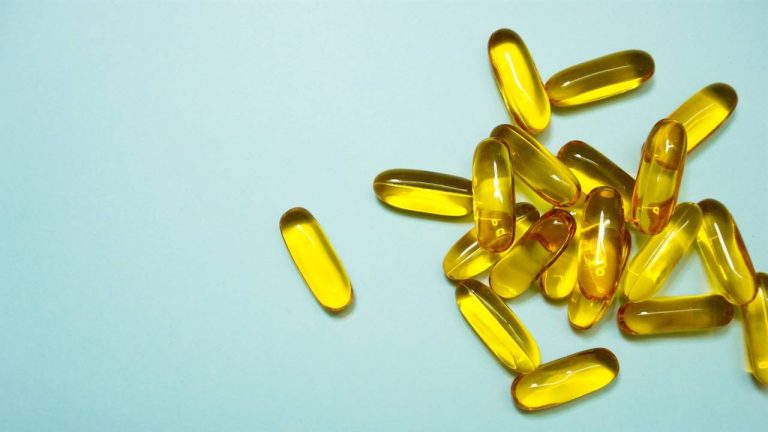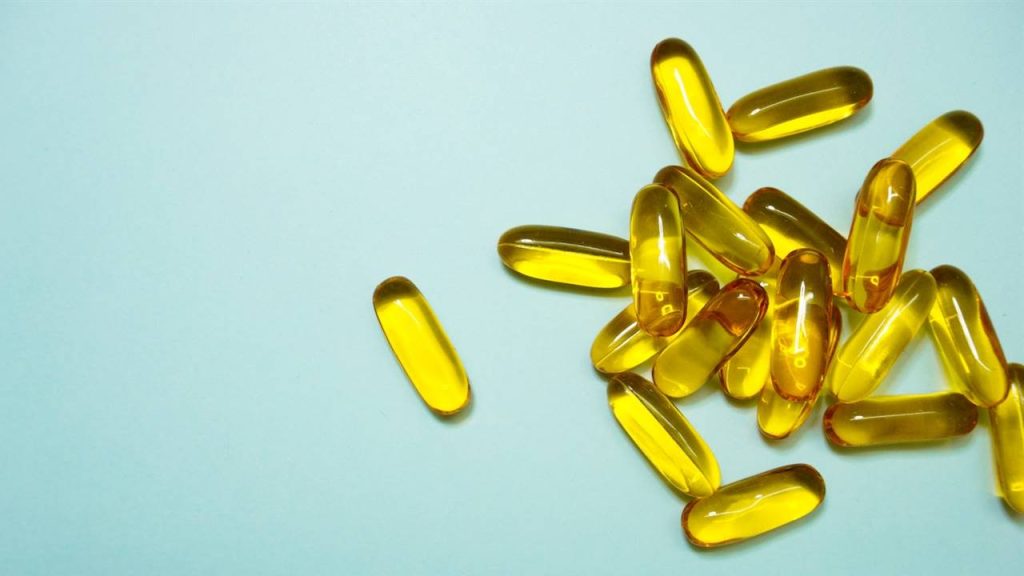
Omega-3 fatty acids are consumed primarily for their anti-inflammatory and beneficial effects on heart health. A study has shown that omega-3 fatty acids also have a prebiotic effect, that is, they improve the composition of the intestinal microbiota.

Omega-3 fatty acids serve many functions in the body and therefore have many health effects. They are anti-inflammatory and are especially beneficial for heart, cardiovascular and brain health, and for modulating the immune response.
However, its effects on intestinal flora or gut health have been little mentioned until now. A study has proven that omega-3 fatty acids have a specific prebiotic effect, that is, they can favor the multiplication of beneficial intestinal bacteria.
OMEGA-3 FATTY ACIDS HAVE A PREBIOTIC EFFECT SIMILAR TO INULIN
Prebiotics are substances that can feed beneficial gut bacteria or support your well-being in some other way. Examples of prebiotics are:
- Pectin, a type of fiber found in apples, pears, quinces, and other fruits.
- Inulin, another type of fiber, perhaps the most beneficial for the microbiota, found in artichokes, onions and garlic, leeks or plantains.
- FOS (fructooligosaccharides, oligofructose’s or oligofructose) are found in high concentration in tipina and bacon.
- Beta glucan is found in the bran of cereal grains such as barley, oats and some mushrooms.
All of them belong to the family of dietary fibers and are available as food supplements in powder or capsule form due to their gut-friendly effect.
OMEGA-3 FATTY ACIDS AND THEIR PREBIOTIC EFFECTS
For the study, 69 participants took 20 g of inulin or 500 mg of fish oil (containing 165 mg of EPA and 110 mg of DHA) daily for 6 weeks. Inulin increased the amount of bifidobacterial and Lachnospiraceae in the intestinal flora.
Omega-3 fatty acids, on the other hand, increased another group of gut bacteria, namely Cerococcids spp. and Bacteroides spp. At the same time, omega-3 fatty acids reduced gut bacteria called Collins Ella spy, which are associated with the development of fatty liver.
Like inulin, omega-3 fatty acids could also lead to an increase in the production of short-chain fatty acids in the gut. Short-chain fatty acids are produced by some intestinal bacteria, improve the environment in the intestine and thus contribute to the regeneration of the intestinal mucosa.
One of these producing strains in Cerococcids, which multiplies significantly in the presence of omega-3 fatty acids. In addition, the study determined that blood lipids were reduced, especially very low-density lipoproteins and triglycerides.
OMEGA-3 FATTY ACIDS INCREASE SHORT-CHAIN FATTY ACIDS IN THE GUT
Therefore, omega-3 fatty acids can also have a positive effect on cardiovascular health through their beneficial influence on gut flora. After all, elevated blood lipid levels are considered a risk factor for cardiovascular disease.
Of course, a healthy gut microbiota and increased production of short-chain fatty acids in the gut also have other far-reaching health benefits.
Short-chain fatty acids are considered important factors that influence the immune system, metabolism and hormonal balance. For example, they are known to possess anti-inflammatory properties, increase feelings of fullness (thus helping to regulate weight), and contribute to healthy blood sugar levels.